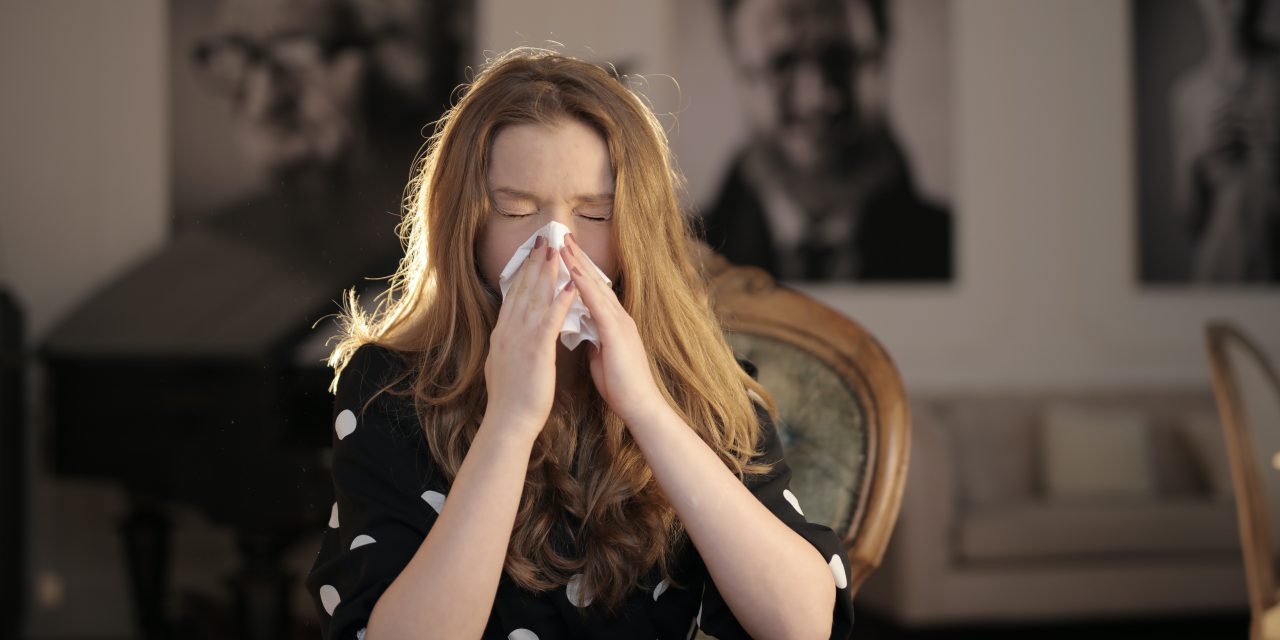Winter is ending soon, and you know what that means. Spring is coming!
Springtime is one of the best seasons of the year, especially if you’re in the Pacific Northwest. However, one thing that most of us hate is spring allergies. They are debilitating and very annoying. Sometimes they can be so severe that it prevents us from doing our daily activities, affecting our performance and productivity.
If you’re one of the 50 million Americans constantly suffering from spring allergies, you know the telltale signs of its onslaught all too well. A runny nose, itchy eyes, and constant sneezing are basic symptoms. But for some, they have it worse. Some patients experience more severe coughing, wheezing, and even allergy attacks.
Whether you feel mild or severe symptoms, we all want to avoid having allergy attacks altogether. Luckily, there are some things we can do to prevent or at least control these allergy attacks. Here are some of them.
Consider Allergy Medication
You can go and talk to your healthcare provider about your allergies and how it’s affecting your day-to-day life.
Most allergy sufferers start their medications before springtime to ensure that they will have a buildup of medication inside their bodies to alleviate some of the symptoms when the time comes. But that’s not always effective. That’s why it’s always effective to talk with your doctor about it. They will then give you options for medication like nasacort or flonase and advice on when and how many you should take to keep operating normally every day.
Check Daily Pollen Counts
Pollen is one of the leading culprits of allergies in people. That said, you can avoid suffering from allergy symptoms if you check the daily pollen counts. There are a lot of websites on the internet that have forecasts on the daily pollen counts and do advisories for people. That said, if the pollen count is too high in your area, you might want to stay at home for the day.
If you can’t help it, try to limit your time spent outside. You can also protect yourself by wearing filtered masks to prevent yourself from inhaling pollen. Also, close all your windows and doors for your safety at home, especially if it’s windy outside.
Change Your Diet
Did you know that certain foods can help you manage your allergic symptoms and even prevent you from getting severely sick because of it? Fruits rich in vitamin C, anti-inflammatory foods, and the omega-3s you can get from fish can help you greatly in managing your allergies.
Here are a few food items you might want to stock up during the spring:
- Tomatoes
- Ginger
- Turmeric
- Honey
- Walnut
- Citrus fruits
Leave Your Shoes at the Door
For Americans, it’s a common thing to wear your shoes inside the house even after going out. However, did you know that pollen can stick on its soles?
This means that there have been times that you have snuck pollen into your homes without knowing about it. That said, remove your shoes at the door to prevent the pollen from going into your homes, especially during the springtime. Or you can use a damp cloth to wipe off your shoes’ soles to be extra safe.
Wash Your Hair
Pollens are sneaky, and they can stick to most surfaces, even your hair. That said, especially during the springtime, wash your hair every time after going out to remove those pesky pollen from your hair. Or better yet, take a bath and wash your clothes immediately after going out. You don’t know where these pollen are all the time, so it’s better to keep extra caution.
Keep Your Home Clean
Of course, no matter how hard we try, there’s no way we can get rid of every single allergen we have in our house. However, this doesn’t mean that we shouldn’t do anything about it.
Keeping your house clean always is a good way of reducing your chances of having allergy symptoms indoors. Also, by doing this, you can cut off your exposure to allergens significantly. You can also invest in a HEPA air filter to make sure that the air you’re inhaling inside the house is safe and without allergens.
Avoid Gardening for the Meantime
It’s no secret that trees, flowers, and grass produce pollen from spring to fall. However, taking notes of when they do this is a great move.
Here’s a tentative schedule: Ragweed pollen (July to November), Grass pollen (March to October), tree pollen (January to June), weed pollen (April to November). This timetable differs depending on the place you live in. By knowing when these pollen comes up, you can schedule your gardening during the time when it’s most safe for you.
Final Words
Allergies are definitely annoying, especially when it’s debilitating enough to keep us from doing what we’re about to do. Thankfully, there are some things that we can do to avoid having allergic reactions and suffering from the symptoms. By doing the tips mentioned above, you can better control your allergies or avoid them altogether.








Recent Comments